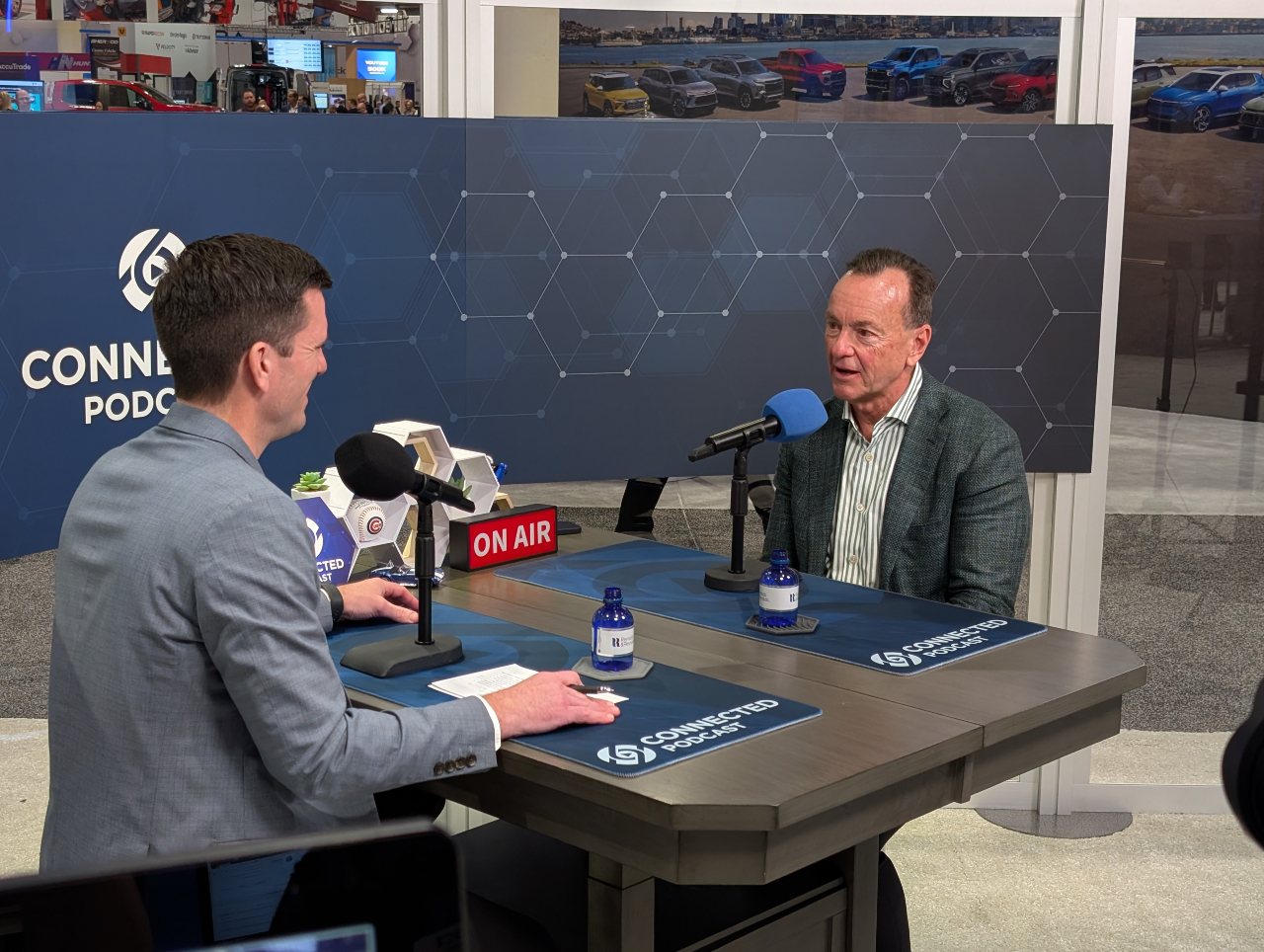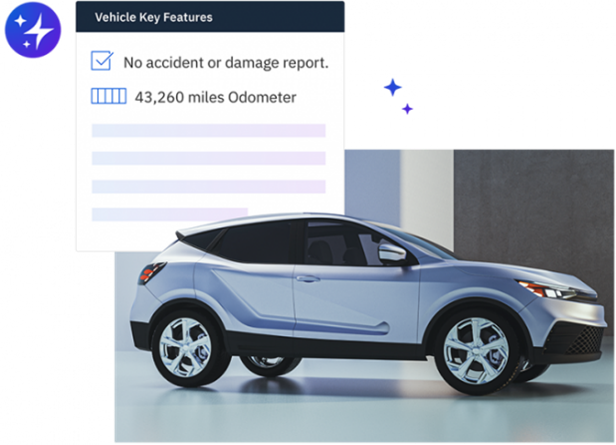The Biggest Generation of Car Buyers… or Should We Say Car Leasers

Article Highlights:
- The number of millennials leasing is growing.
- Three reasons WHY millennials are leasing.
Millennials are leasing:
- 29 % of all car purchases by millennials in 2015 were leases.
- The percent of millennials who are leasing is up 46% in the last 5 years and is predicted to continue to increase.
Those are powerful numbers. Millennials are 83 million strong today and make up ¼ of the US population. They are the front runners of the technology age and are changing the retail market completely. Information on millennials has probably been thrown at you for awhile, and this is because they are not only changing their own generation, but every generation.
Here are 3 reasons why millennials are leasing and how you can take advantage of this opportunity.
1. They are cost conscious. Millennials are considered, “recession babies.” They came of age during a financial crisis. Even the oldest of millennials were only 29 during the recession of 2008, so their financial expectations are different. Also, the cost of college tuition has sky rocketed. A 2016 graduate has an average debt of $37,000, and will find an entry level job only pays a median salary of $33,800.
According to an Edmunds.com study, finding the right monthly payment is more important than the price of the whole car. The average millennial said they would put no more than $3000 down on a new car and would like the monthly payment to be $299 a month. Leasing can allow for a new car every few years with a budget friendly payment, and that can be important for millennials since they are at a stage in their life where their needs and life circumstances are more likely to change.
2. They are tech savvy. Millennials grew up watching technology evolve and they have adapted to the idea of always getting the next best thing. 85% of millennials have smartphones and upgrade to newer ones every 2-3 years. Sound familiar? They will keep the car for a couple of years, and then upgrade to a newer, more tech savvy car.
They also expect the dealership to do their business digitally as well, both online and in the dealership itself. Millennials don’t want to see negotiations worked on a piece of paper. They want a digital format, several options at once, and less negotiating back and forth. They trust a computer more than any paper.
3. They want to build a relationship with the dealership. 41% of millennials express a positive attitude toward auto dealers because they believe they have the customer’s best interests in mind. They will frequent the dealership more often for service appointments, and at the end of their lease, potentially purchase another vehicle.
Texting is preferred over email or phone and 45% of this group uses a tablet or smart phone during their car-shopping process. If you are not offering electronic options, you might be missing out. Doing business in a way that fits their expectations will keep millennials coming back to your dealership again and again.
Conclusion
The millennial generation in the United States is still growing, with more migrating from other countries, and has an impressive amount of buying power — $200 billion of annual direct purchasing power to be exact. Knowing how to personalize their experience in the dealership is going to get those millennials in your dealership and leasing from you.
Related Articles:

The Future of Variable Ops with Experts at NADA 2025
Explore how AI is transforming variable operations in automotive retailing with insights from NADA 2025. Learn about efficiency, profitability, and fraud prevention from industry leaders.

Decision made regarding the Vehicle Shopping Rule – now what?
Check out five key takeaways from the Vehicle Shopping Rule to keep your dealership safe from FTC enforcement actions.

3 Ways AI Can Elevate Your Dealership’s Online Inventory
On average, Americans are exposed to between 4,000 and 10,000 advertisements every day. From commercials on TV to billboards on your way to work, all…

The Pizza Playbook – What Ordering Pizza Teaches Us About F&I
For as long as I can remember, my family had “pizza night” every week. Without fail, every Friday evening we’d all gather around the computer…















